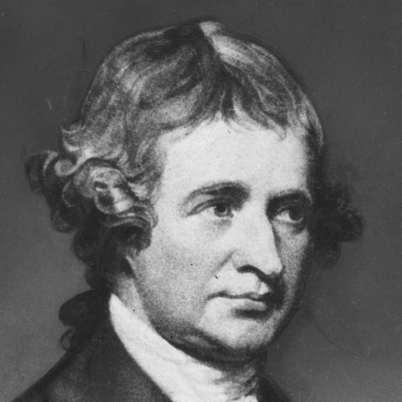But where popular authority is absolute and unrestrained, the people have an infinitely greater, because a far better founded confidence in their own power. They are themselves, in a great measure, their own instruments. They are nearer to their objects. Besides, they are less under responsibility to one of the greatest controlling powers on earth, the sense of fame and estimation. The share of infamy that is likely to fall to the lot of each individual in public acts, is small indeed; the operation of opinion being in the inverse ratio to the number of those who abuse power. Their own approbation of their own acts has to them the appearance of a public judgment in their favour. A perfect democracy is therefore the most shameless thing in the world. As it is the most shameless, it is also the most fearless. No man apprehends in his person he can be made subject to punishment. Certainly the people at large never ought: for as all punishments are for example towards the conservation of the people at large, the people at large can never become the subject of punishment by any human hand. It is therefore of infinite importance that they should not be suffered to imagine that their will, any more than that of kings, is the standard of right and wrong.
I do not know under what description to class the present ruling authority in France. It affects to be a pure democracy, though I think it in a direct train of becoming shortly a mischievous and ignoble oligarchy. But for the present I admit it to be a contrivance of the nature and effect of what it pretends to. I reprobate no form of government merely upon abstract principles. There may be situations in which the purely democratic form will become necessary. There may be some (very few, and very particularly circumstanced) where it would be clearly desireable. This I do not take to be the case of France, or of any other great country. Until now, we have seen no examples of considerable democracies. The antients were better acquainted with them. Not being wholly unread in the authors, who had seen the most of those constitutions, and who best understood them, I cannot help concurring with their opinion, that an absolute democracy, no more than absolute monarchy, is to be reckoned among the legitimate forms of government. They think it rather the corruption and degeneracy, than the sound constitution of a republic. If I recollect rightly, Aristotle observes, that a democracy has many striking points of resemblance with a tyranny. Of this I am certain, that in a democracy, the majority of the citizens is capable of exercising the most cruel oppressions upon the minority, whenever strong divisions prevail in that kind of polity, as they often must; and that oppression of the minority will extend to far greater numbers, and will be carried on with much greater fury, than can almost ever be apprehended from the dominion of a single sceptre. In such a popular persecution, individual sufferers are in a much more deplorable condition than in any other. Under a cruel prince they have the balmy compassion of mankind to assuage the smart of their wounds; they have the plaudits of the people to animate their generous constancy under their sufferings: but those who are subjected to wrong under multitudes, are deprived of all external consolation. They seem deserted by mankind; overpowered by a conspiracy of their whole species.


